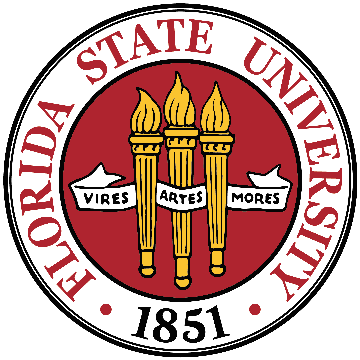

But what does a dictionary say? Here's an older Merriam-Webster take on the word "forensics" (and here is a more recent one):
forensic, noun
Definition of FORENSIC
1 an argumentative exercise
2 plural but sing or plural in constr : the art or study of argumentative discourse
3 plural but sing or plural in constr : the application of scientific knowledge to legal problems; especially : scientific analysis of physical evidence (as from a crime scene)
Here's what vocabulary.com has to offer:
Forensics (noun), 1 scientific tests or techniques used in the investigation of crimes
In 2013, Florida adopted the Daubert standard in its statutes on the rules of evidence; in particular, look at sections 702 and 704. (Amusingly, this was revoked in 2017 by the Florida Supreme Court, and then reinstated in 2019.)
Some of the important points about using the Daubert standard:
A good general reference noted for its characterizations and categorizations of computer crime is Donn Parker's book Fighting Computer Crime, which I abbreviate FCC. In particular, for fundamental characterizations, see pp. 16-18 of FCC.
The four crime categories that FCC establishes are (1) object of a crime (2) subject of a crime (3) tool for criminal activity (4) symbolic, used for intimidation or deception. DECC adds a fifth category, computers as a source of digital evidence, noting in particular the email correspondence between President Clinton and Monica Lewinsky strongly suggesting that Clinton had perjured himself.